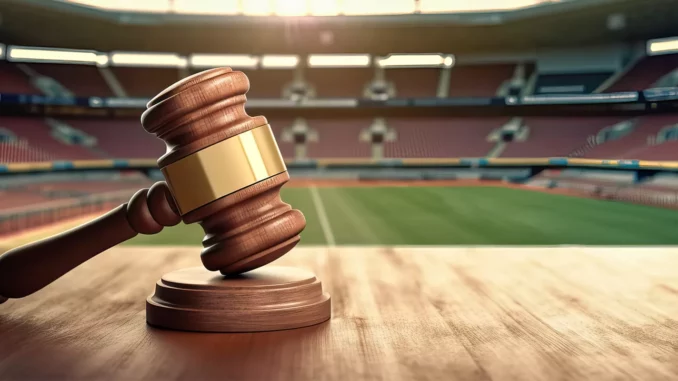
The Role of Sports Law Attorneys in Safeguarding Fair Play and Protecting Athletes’ Interests
Sports law attorneys play a vital role in the world of sports by ensuring fair play and protecting the interests of athletes. In an industry as complex and competitive as professional sports, legal issues frequently arise, ranging from contract negotiations to anti-doping violations and everything in between. This blog post delves into the multifaceted responsibilities of sports law attorneys and highlights their significance in safeguarding fair play and protecting the rights of athletes.
- Contract Negotiations and Player Representation:
One of the primary roles of sports law attorneys is to negotiate and draft contracts on behalf of athletes. These legal professionals possess the expertise to navigate the intricacies of sports contracts, ensuring that their clients receive fair and favorable terms. Sports attorneys also handle issues related to endorsement deals, licensing agreements, and image rights, ensuring that athletes are adequately compensated for their skills and marketability.
Moreover, sports law attorneys act as representatives for athletes, advocating for their best interests during negotiations with teams, sponsors, and other stakeholders. They possess a deep understanding of the sports industry and can leverage their knowledge to secure the most beneficial deals for their clients.
- Compliance and Regulatory Matters:
Sports law attorneys are well-versed in the rules and regulations governing various sports organizations. They assist athletes in complying with these regulations, ensuring that they participate within the boundaries of the law. Attorneys help athletes navigate the complex web of anti-doping regulations, eligibility requirements, and disciplinary procedures established by sports governing bodies.
Additionally, sports law attorneys work with athletes to address issues such as transfers, trade disputes, and league regulations. By providing guidance and representation, these attorneys ensure that athletes can focus on their performance while adhering to the applicable rules and regulations.
- Dispute Resolution and Disciplinary Actions:
Sports law attorneys play a crucial role in resolving disputes that arise within the sports industry. This can include conflicts between athletes and teams, contractual disputes, or disagreements with sponsors or sports organizations. Attorneys employ negotiation, mediation, and arbitration techniques to seek amicable resolutions that protect their clients’ interests.
Furthermore, sports law attorneys provide representation and support to athletes facing disciplinary actions, such as suspensions or fines. They assist in building strong legal defenses, ensuring due process is followed, and safeguarding athletes from unwarranted penalties.
- Intellectual Property and Brand Protection:
Protecting the intellectual property rights and brand image of athletes is another essential aspect of sports law. Attorneys help athletes secure trademarks, copyrights, and patents for their brands, logos, and merchandise. They also enforce these rights, taking legal action against any infringement or unauthorized use of their clients’ intellectual property.
In the age of social media and digital platforms, sports law attorneys are instrumental in advising athletes on issues related to defamation, privacy, and social media policies. By safeguarding athletes’ image and reputation, attorneys ensure that their clients can maintain a positive public image.
Conclusion:
Sports law attorneys play a vital role in safeguarding fair play and protecting the interests of athletes. Their expertise in contract negotiations, compliance, dispute resolution, and intellectual property protection ensures that athletes can focus on their performance while their legal rights are upheld. By navigating the complex legal landscape of the sports industry, these attorneys contribute to maintaining integrity, fairness, and the overall growth of sports worldwide.

Leave a Reply